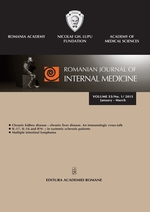Science has retracted a high-profile immunology paper after a probe concluded the corresponding author had committed misconduct.
The paper — which initially caught media attention for suggesting a protein could help boost the immune system’s ability to fight off tumors — has been under a cloud of suspicion since last year, when the journal tagged it with an expression of concern, citing a university investigation.
That investigation — at Imperial College London — has concluded that the paper contained problematic figures that were the result of research misconduct. All were prepared by last and corresponding author Philip Ashton-Rickardt, who took full responsibility. Even though the paper was published in 2015, some original blots and accompanying details have disappeared.
Today, the journal released a retraction notice: Continue reading High-profile Science paper retracted for misconduct
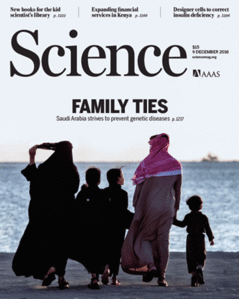

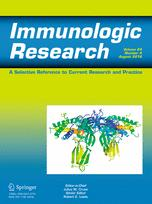

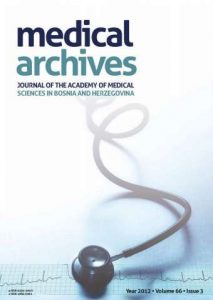
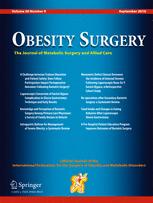 With retraction notices
With retraction notices  A tribunal in the UK has
A tribunal in the UK has  With so many
With so many 